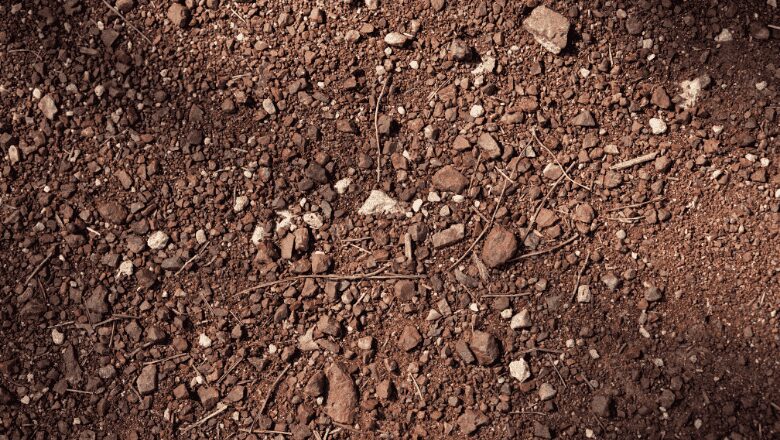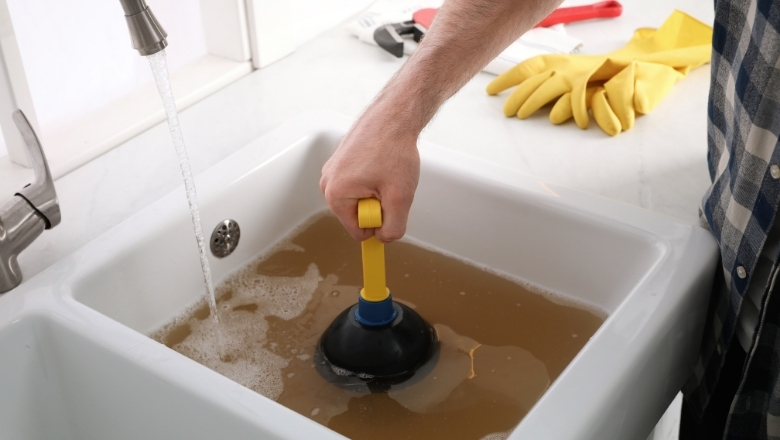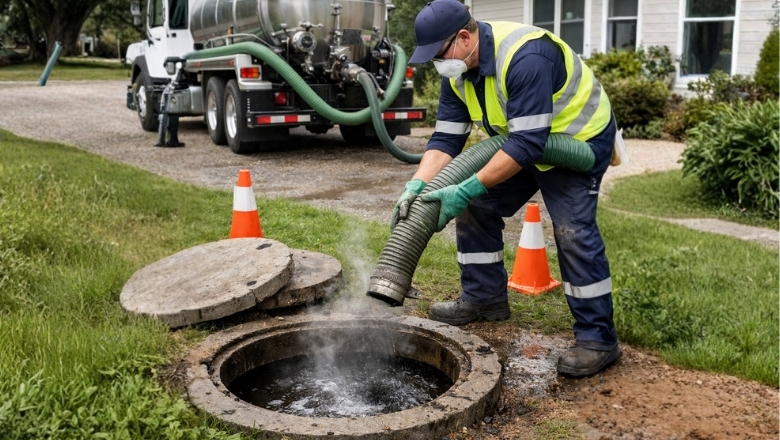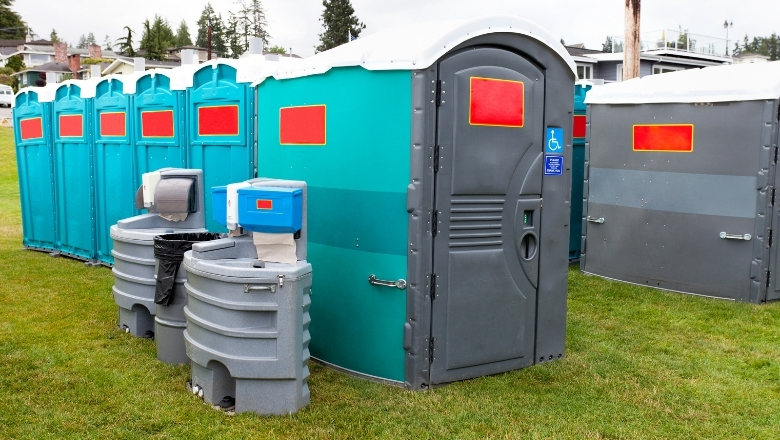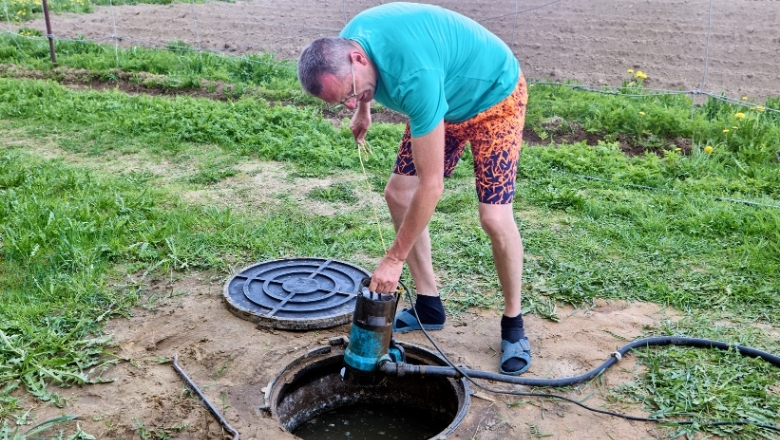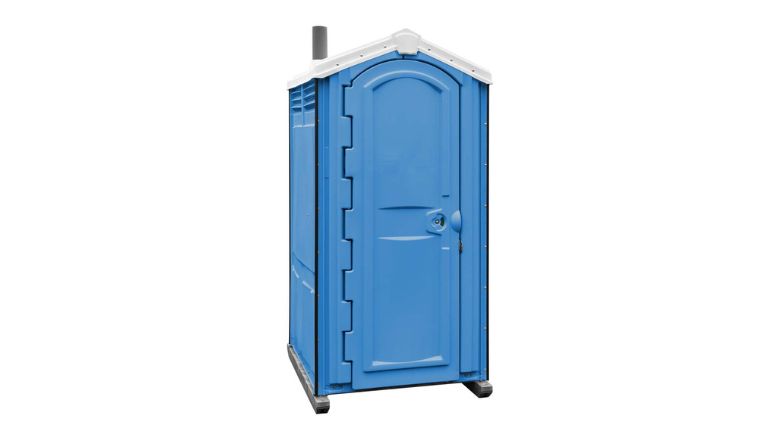If you’re building on Idaho land that turns into a swamp after rain or is as solid as granite year-round, you’re not alone. Whether in Pocatello, Rexburg, Twin Falls, Montpelier, ID, Rigby, Idaho Falls, or any neighboring locations, many homeowners and builders face the daunting reality: your soil might be beautiful to look at, but a nightmare for septic system services.
Why? Because the wrong soil can destroy even the best-designed septic system faster than you can say “perc test failure.”
The good news? Modern septic technology offers several alternatives tailored for wet, rocky, or otherwise challenging soil conditions. This blog delves deep, both literally and figuratively, into the role soil plays in septic system performance, guiding you in selecting the best septic system for wet, poor, or rocky soil conditions.
Let’s dig in.
Why Soil Isn’t Just Ground You Walk On
Your septic system doesn’t just bury waste. It actively relies on soil to filter, treat, and absorb wastewater. Ideal soil has just the right porosity: too loose and water runs through untreated; too tight and water sits on top, stagnating.
That’s why Idaho counties (especially areas like Montpelier, Rigby, and Idaho Falls) often require a soil percolation test before permitting a new septic system service. The results dictate what type of system is legal, and functional, on your land.
Soil acts as your system’s unsung hero or its silent saboteur. Let’s learn how you can spot the difference.
Warning Signs: Your Soil Might Be Setting You Up to Fail
Even the most credible septic system service experts in Pocatello believe that your property may already be sending red flags before a formal site evaluation is conducted.
1. Standing Water or Boggy Lawns
If water sits for hours after rain, your soil may lack the permeability needed for a standard septic drainfield.
2. Perc Test Failures
Failing a soil percolation test is like flunking the soil’s entrance exam. It means your soil can’t absorb water fast, or evenly enough.
3. Shallow Bedrock or Hardpan
According to top septic service contractors in Twin Falls, hitting a rock while planting a tree is not just a landscaping nuisance; it can also cause damage to the tree. Shallow bedrock septic systems need major design adjustments or elevation-based dispersal.
4. Heavy Clay or Compacted Soil
Thick, dense soils don’t just make digging hard. They often cause saturated soil drainage problems, meaning wastewater cannot flow away.
5. High Water Table
Leading septic service specialists in Rexburg reveal that if your water table is too high, it competes with your system’s discharge, risking contamination. This is where a high groundwater septic design becomes non-negotiable.
Septic Headaches: Why Wet or Rocky Soil Is a Problem
Systems installed in improper soil often experience:
- Frequent system overload or backflow
- Surface pooling and health hazards
- Clogged drainfields and foul, strange odors
- Structural tank or pipe failure
If you’re constantly calling for emergency septic service in Montpelier, ID, Idaho Falls, or neighboring locations, your soil may be the culprit.
Smarter Systems: What to Install When Dirt Works Against You
Let’s explore real, engineered solutions. No “shortcuts.” Just soil-savvy science.
1. Mound Systems
Best for: High water tables, poor absorption soils
According to the top septic service experts in Twin Falls, a mound septic system raises the dispersal field above native soil using layers of sand and gravel.
- Keeps effluent away from saturated zones
- Allows treatment in controlled layers
- Requires a pump, elevation space, and more landscaping
2. Sand Filter Systems
Best for: Clay-rich or tight soils
A sand filter septic system passes wastewater through a sand bed before discharge.
- Effective even in dense soils
- Can polish effluent before final dispersal
- Higher cost and filter maintenance
3. Low-Pressure Dosing (LPD) Systems
Best for: Sloped land, uneven absorption
Using timed, low-volume effluent pumps, low-pressure dosing septic systems spread waste evenly.
- Helps avoid overloads and ponding
- Works on tricky topographies
- Requires power and vigilant upkeep
4. Aerobic Treatment Units (ATUs)
Best for: Rocky soils or restricted lots
According to the leading septic service specialists in Pocatello, an aerobic treatment unit (ATU) injects oxygen into the waste to accelerate the decomposition process.
- Produces cleaner, odorless effluent
- Works where others fail
- Needs electricity, frequent maintenance
5. Drip Distribution Systems
Best for: Rocky, shallow, or sloped lots
This system trickles effluent into shallow, root-zone soil using flexible tubing.
- No trenches needed
- Adaptable to terrain
- Filter and tubing upkeep required
6. Holding Tanks
Best for: Sites with no viable discharge
Leading septic inspection and soil testing contractors in Rigby reveal that a holding tank stores everything and must be pumped regularly.
- Zero soil interaction
- Easy to install
- High long-term cost and dependency on pump-outs
Table: Septic Systems That Handle the Toughest Soil
| System | Best For | Pros | Cons |
| Mound System | High water table, tight soil | Above-grade dispersal | Requires elevation + pump |
| Sand Filter | Dense or slow-draining soil | Pre-treatment via sand | Costlier, needs filter care |
| Low-Pressure Dosing | Uneven or sloped land | Controlled, distributed flow | Power-dependent, pump wear |
| ATU | Limited space, rocky ground | Advanced treatment, clean effluent | Regular service, higher setup |
| Drip Distribution | Sloped, rocky or tight terrain | Adaptable, shallow installation | Tubing/filter maintenance |
| Holding Tank | No viable discharge | Easy to install | Regular pump-outs mandatory |
Soil Testing: Your First Step, Not an Afterthought
Before you invest a dollar in design or equipment:
- Schedule a soil percolation test
- Measure groundwater levels and depth to bedrock
- Analyze slope and surrounding land use
- Confirm zoning and setback rules with your county
Skip this, and you’re gambling with thousands of dollars and your home’s sanitation. If you’re in Pocatello, Idaho Falls, or any surrounding areas, reach out to our local experts to coordinate proper testing.
What to Keep in Mind Before Picking Your System?
Soil is only part of the puzzle. Here’s the full picture:
1. Soil type and drainage rate
According to leading septic service professionals in Rexburg, if absorption is poor, systems such as ATUs, LPD, or mound designs are safer bets.
2. Slope and property size
Hillside lots may benefit from drip distribution systems or LPD setups.
3. Water table depth
A high water table eliminates many standard options. Mounds or ATUs may be your best choices.
4. Local regulations
Top septic service contractors in Rigby note that counties vary in their code and permit requirements. Systems must pass inspections and meet health codes.
5. Budget and upkeep
A holding tank might be cheaper today—but costlier in the long run than an ATU or sand filter.
Pro Tips from Idaho Septic Experts
- Don’t assume “one system fits all.” Ask local contractors for site-specific recommendations.
- Avoid overusing garbage disposals and grease traps—they can shorten the life of your system.
- Map out landscaping. Large trees can invade septic lines.
- Consider snow and freeze potential. Elevated systems fare better in Idaho winters.
If you need routine septic pumping service, MVP Rentals provides quick, professional, and regionally trusted service across Montpelier, Rigby, and nearby areas. Our technicians can help ensure your tank is inspected, cleared, and maintained without the mess, literally.
Why MVP Rentals Is the Quiet Hero of Idaho’s Septic Scene?
Across Southeast Idaho, homeowners trust MVP Rentals not only for clean porta-potties but also for smart, dependable septic services.
Here’s what sets us apart:
- Fast, friendly, and reliable septic tank pumping and cleaning services
- Real-time coordination for advanced systems (like mound or ATU installs)
- Inspection-ready servicing to help you stay code-compliant
- Proudly serving Pocatello, Rexburg, Idaho Falls, Twin Falls, Rigby, and Montpelier, offering professional septic services.
Whether it’s a maintenance call or part of a larger remodel, MVP Rentals’ technicians treat your property as if it were their own. Our service is discreet, efficient, and backed by a reputation for excellence.
You can browse through our website to explore your options or book a service appointment.
Wrapping It Up: Bad Soil Doesn’t Mean Bad Luck
If your lot feels more like a swamp or boulder field than a buildable dream, don’t worry. There’s a septic solution for every soil—yes, even yours.
What matters is choosing wisely. Soil testing, alternative system design, and professional oversight are your safeguards. Whether you’re building a new home or replacing an aging setup, there’s no need to risk failed inspections, flooded yards, or, worse, public health issues.
For trusted guidance and exceptional septic service in Idaho Falls, Pocatello, Rigby, Rexburg, Twin Falls, Montpelier, ID, or beyond, call MVP Rentals. Let our septic inspection and soil testing experts handle the dirty work so that you can enjoy clean results.
Ready for dependable septic service? Contact MVP Rentals now at (208) 244-7843 and let our team get your system up and running, regardless of how challenging your soil conditions may be.

